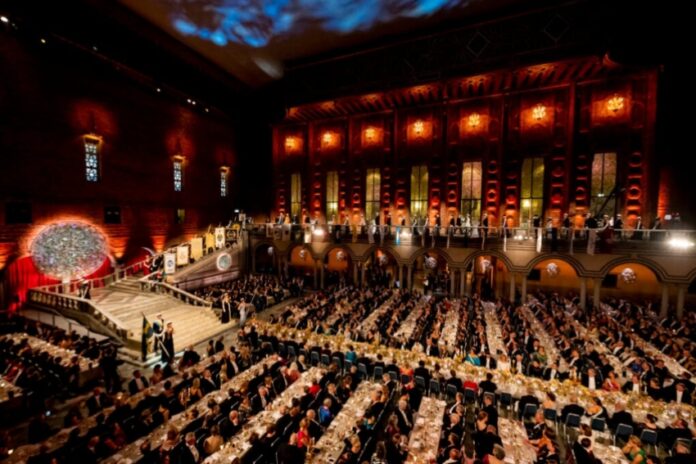Nobel Prize season has arrived, and we now know the laureates for the 2025 edition. Although several Mexican figures were rumored as potential winners, none made the final list this year.
However, three Mexicans have won the coveted prize during its history. Let’s take a moment to remember their achievements.
What is the Nobel Prize?
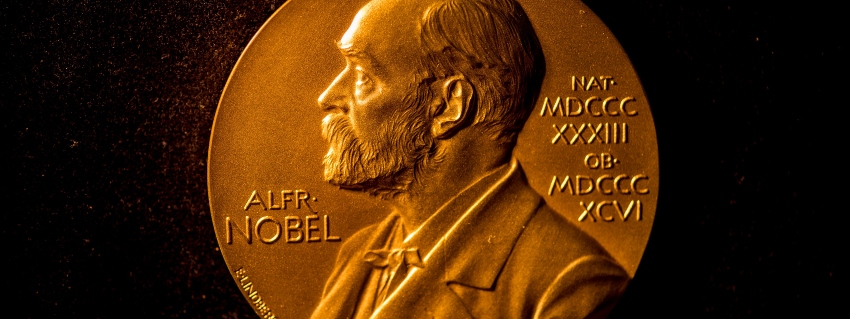
Each October, committees in Sweden and Norway award six Nobel prizes related to science, literature, economics and peace work to those “that have conferred the greater benefit to humankind.”
The prizes were created in 1895 by Swedish scientist Alfred Nobel, inventor of dynamite, who in his will stipulated that his fortune be used to reward those who made great contributions to humanity in physics, chemistry, medicine, literature and peace.
The three Mexicans who have won a Nobel Prize
Alfonso García Robles (Nobel Peace Prize, 1982)
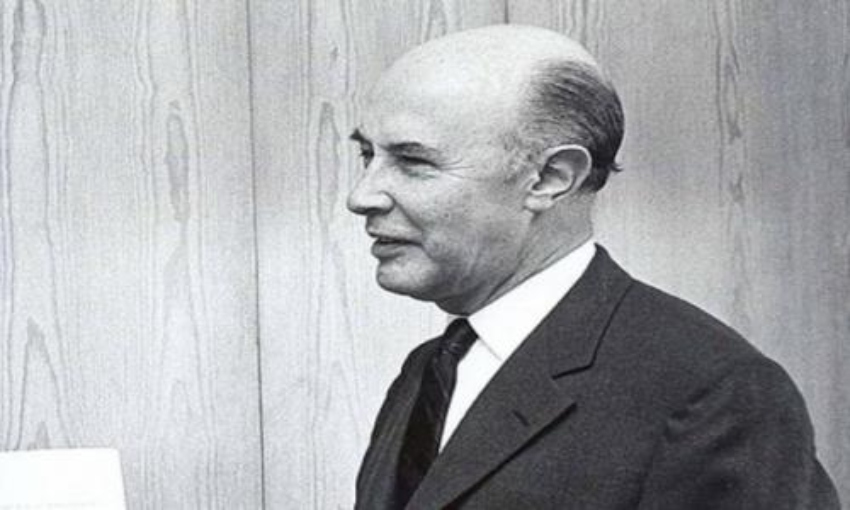
Alfonso García Robles (1911-1991) was a prominent Mexican diplomat born in Zamora, Michoacán. He studied law at the National Autonomous University of Mexico (UNAM) and completed postgraduate studies in Paris and The Hague, specializing in international law.
For this work and his role in the UN disarmament negotiations, he received the Nobel Peace Prize in 1982, along with Swedish diplomat Alva Myrdal. In the words of the Nobel committee, the award was granted “for their work in support of disarmament and nuclear-weapon-free zones.”
García, regarded as a skilled and talented negotiator, played a crucial role in the Treaty of Tlatelolco (1967). While serving as Undersecretary of Foreign Affairs, the diplomat chaired all the meetings for the military denuclearization of Latin America that took place between 1964 and 1967.
García’s work culminated in the “Treaty for the Prohibition of Nuclear Weapons in Latin America,” also known as the Treaty of Tlatelolco, signed on February 14, 1967. The treaty is considered by experts as a pioneering international agreement that declared Latin America and the Caribbean nuclear-weapon-free zones.
This treaty marked a turning point in global diplomacy, serving as a model for other regions.
Octavio Paz (Nobel Literature Prize, 1990)

Octavio Paz (1914-1998) was a Mexican poet, essayist and diplomat, born in Mexico City. Despite growing up under poor circumstances, his writing earned him a place as one of the most influential literary figures of the 20th century.
In 1990, Paz received the Nobel Prize in Literature “for impassioned writing with wide horizons, characterized by sensuous intelligence and humanistic integrity.”
The Swedish Academy recognized in his work a profound exploration of the human soul, a continuous exercise in lyrical and philosophical reflection, as well as a creative dialogue between different cultures and traditions. His poetry and essays are distinguished by their richness of language, originality and the universality of their themes, which range from loneliness, love and identity to history and politics.
In addition to being a poet and writer, Paz worked as a poet, journalist and translator. Starting in 1946, he also served as a diplomat for 20 years.
One of the most popular works of Paz is “El laberinto de la soledad” (“The Labyrinth of Solitude”), a collection of essays published in 1950 that reflect on Mexican history and culture. Paz was married to Mexican writer Elena Garro. According to published works of Garro, their relationship was marked by conflict, jealousy and gender violence.
Mario Molina (Chemistry Nobel Prize, 1995)
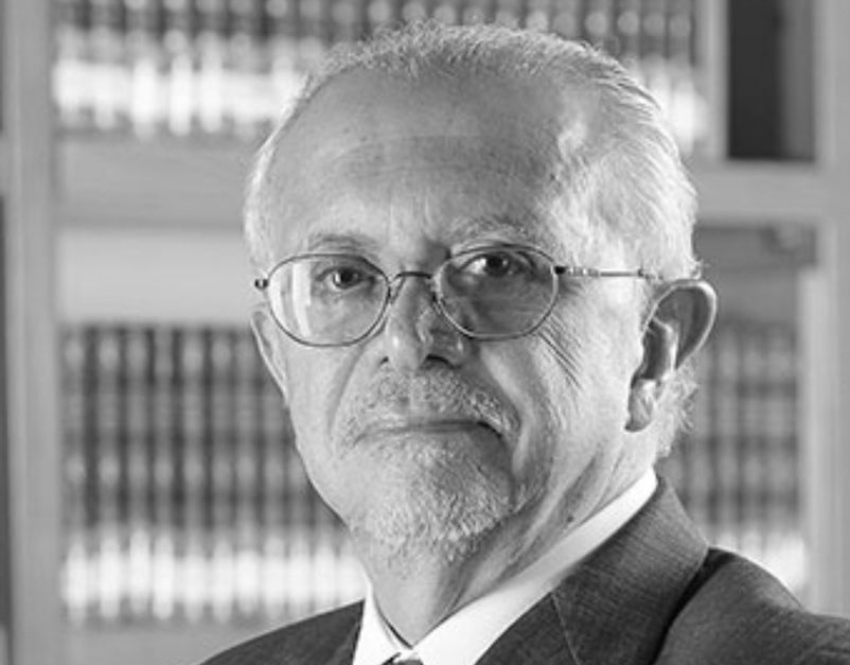
Mario Molina (1943-2020) was a prominent Mexican scientist originally from Mexico City, who made a groundbreaking discovery regarding the ozone layer.
In 1974, alongside Frank Sherwood Rowland, he published research predicting the thinning of the ozone layer caused by chlorofluorocarbons, compounds found in aerosols and refrigerants. Their research played a crucial role in the creation of the United Nations’ Montreal Protocol, the first international treaty designed to address a global environmental issue caused by humanity.
Thanks to his research work, in 1995, Molina received the Chemistry Nobel Prize together with Rowland and Paul Crutzen for their “work on the chemistry of the atmosphere, especially on the formation and decomposition of ozone.”
The Nobel Prize organization has recognized that, thanks to the discovery of the effects of freons on the ozone layer, its depletion has been slowed.
Molina attended a boarding school in Switzerland from the age of 11, as it was considered important for a chemist to understand German. He later studied chemical engineering at UNAM and obtained a doctorate in physical chemistry from the University of California, Berkeley.
It was during his time at Berkeley that he discovered how freons damage the ozone layer.
Notable Mexican nominations
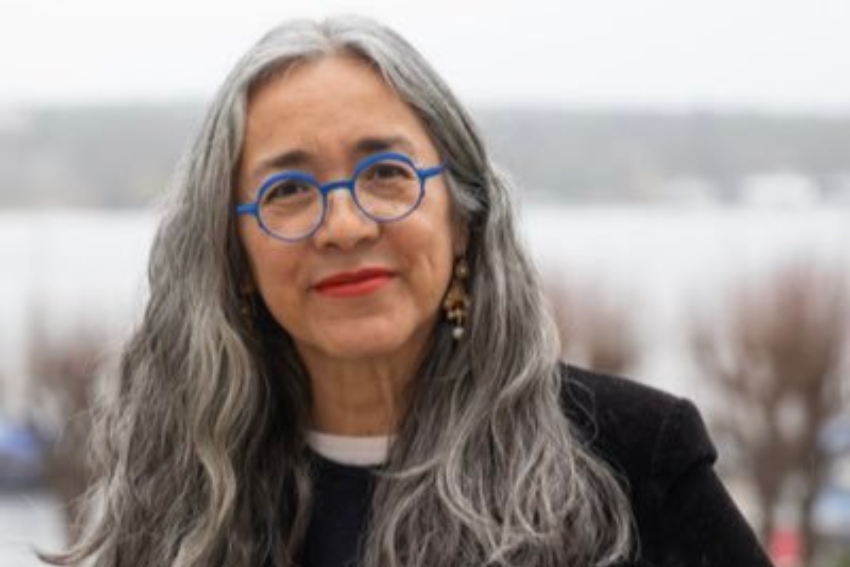
Several notable Mexicans have been nominated for the Nobel Prize throughout history. Some recent examples include the non-profit organization Por Un País Mejor (For a Better Country), founded by Víctor González Torres (Dr. Simi). This organization has been nominated several times for its humanitarian work, with the support of Nobel laureate Rigoberta Menchú.
Another recent nomination includes that of writer, poet and essayist Cristina Rivera Garza. Originally from Tamaulipas, Rivera emerged as a strong candidate in the Literature category this year, according to major international betting houses such as Nicer Odds and Ladbrokes.
Gabriela Solis is a Mexican lawyer turned full-time writer. She was born and raised in Guadalajara and covers business, culture, lifestyle and travel for Mexico News Daily. You can follow her lifestyle blog Dunas y Palmeras.
